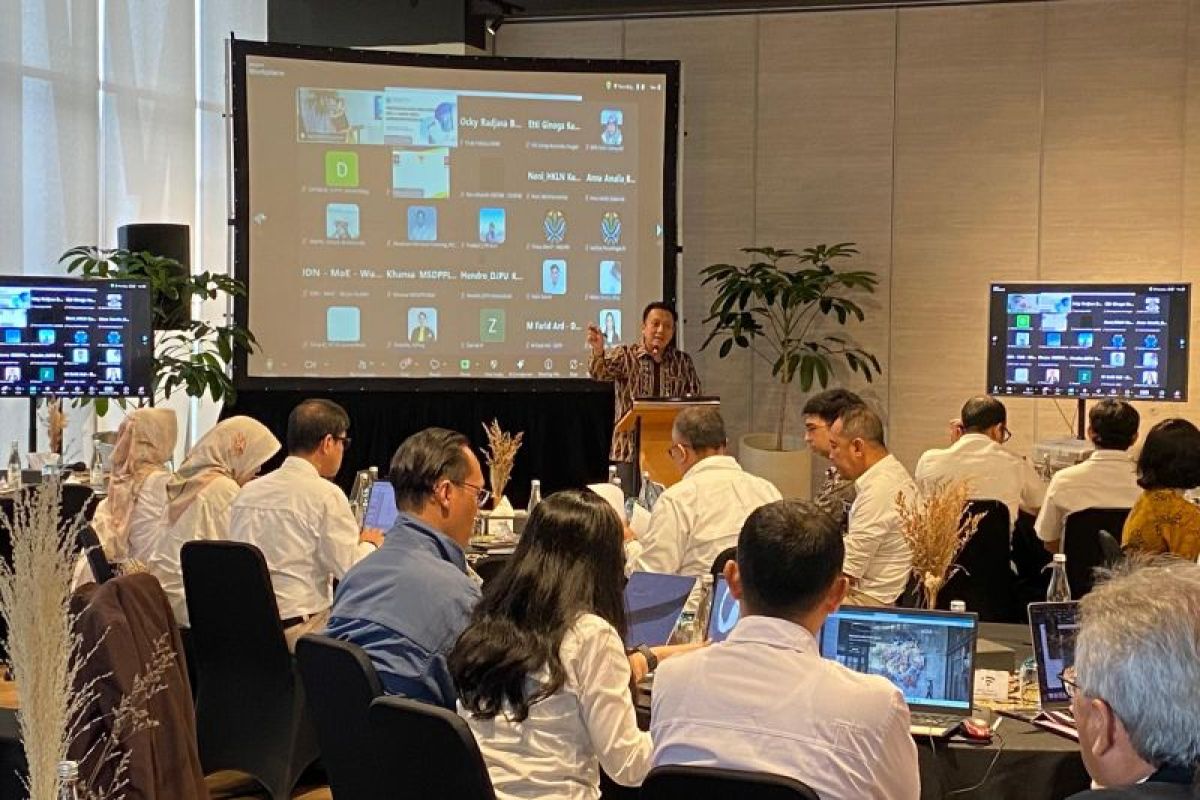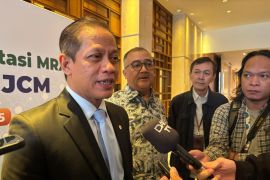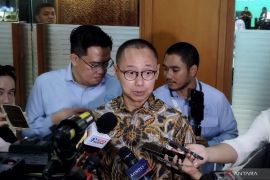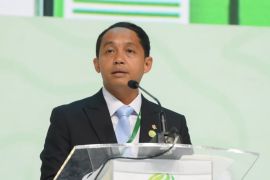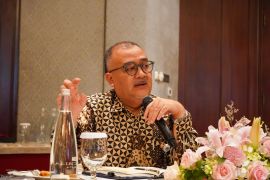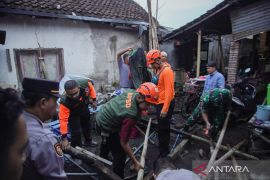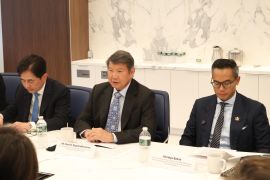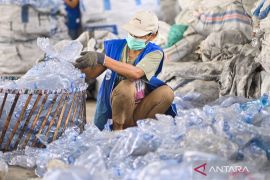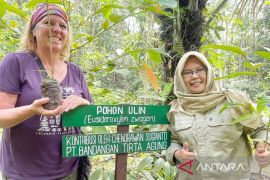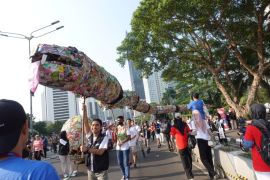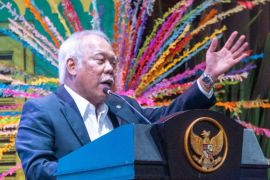In a statement delivered in Jakarta on Tuesday, Diaz emphasized Indonesia's strong commitment to securing the climate finance pledged by developed countries.
"Currently, the promised climate finance of US$100 billion per year, which was supposed to be realized starting in 2020, is still far from being realized. The latest data from the United Nations Framework Convention on Climate Change (UNFCCC) shows that by 2022, the actual amount available has only reached US$67 billion. For Indonesia, this figure is not just a statistic; it is evidence that the global commitment to climate justice remains unequal," Diaz remarked.
Speaking at the Meeting to Disseminate the Negotiation Results of the Subsidiary Bodies (SB 62) of the Climate Change Conference in Jakarta on Monday, July 14, Diaz invited relevant ministries and institutions to provide crucial input to advance both Indonesia's and global interests in climate change mitigation.
The meeting was attended by representatives from the Ministry of Foreign Affairs, the Ministry of Forestry, the Ministry of Finance, the National Agency for Research and Innovation (BRIN), and other ministries and institutions that will be part of the Indonesian Delegation to COP30.
Indonesia is actively involved in 12 main agenda items at SB 62, which encompass 19 working groups, covering global stocktake, loss and damage, food security and agriculture, maritime affairs, gender and climate change, and long-term financing.
"We were asked to formulate a document on loss and damage, as well as a national adaptation plan. Other issues currently under discussion include gender and climate change, local communities and indigenous people, and a review of the capacity building issue for developing countries," he explained.
At the forum, Diaz stressed that Indonesia's struggle at COP30 goes beyond advocating for fair funding but also involves showing leadership in the global transition toward a low-emissions and climate-resilient future.
Indonesia is currently formulating a National Adaptation Plan (NAP) as a national strategy to address climate disaster risks. Furthermore, Indonesia continues to advocate for stronger implementation of loss and damage mechanisms and international carbon market schemes, such as those under Article 6.4 of the Paris Agreement.
"Although Article 6.4 already provides for the sharing of proceeds, which explains the distribution of benefits from the carbon trading scheme to developing countries, Indonesia remains determined to encourage additional funding contributions from developed countries," he remarked.
Diaz urged all relevant ministries and institutions to work together and actively strengthen Indonesia's position in international forums, not just as representatives of their respective institutions but as the nation's official voice.
COP30 will take place in Brazil in November of this year and will be attended by countries that have signed the Paris Agreement and related parties.
Related news: Biochar innovation promoted as climate and trade solution
Related news: Indonesia invites BRICS to accelerate energy transition
Related news: Indonesia endorses BRICS Rio Declaration on global cooperation
Translator: Arie Novarina
Editor: Azis Kurmala
Copyright © ANTARA 2025
